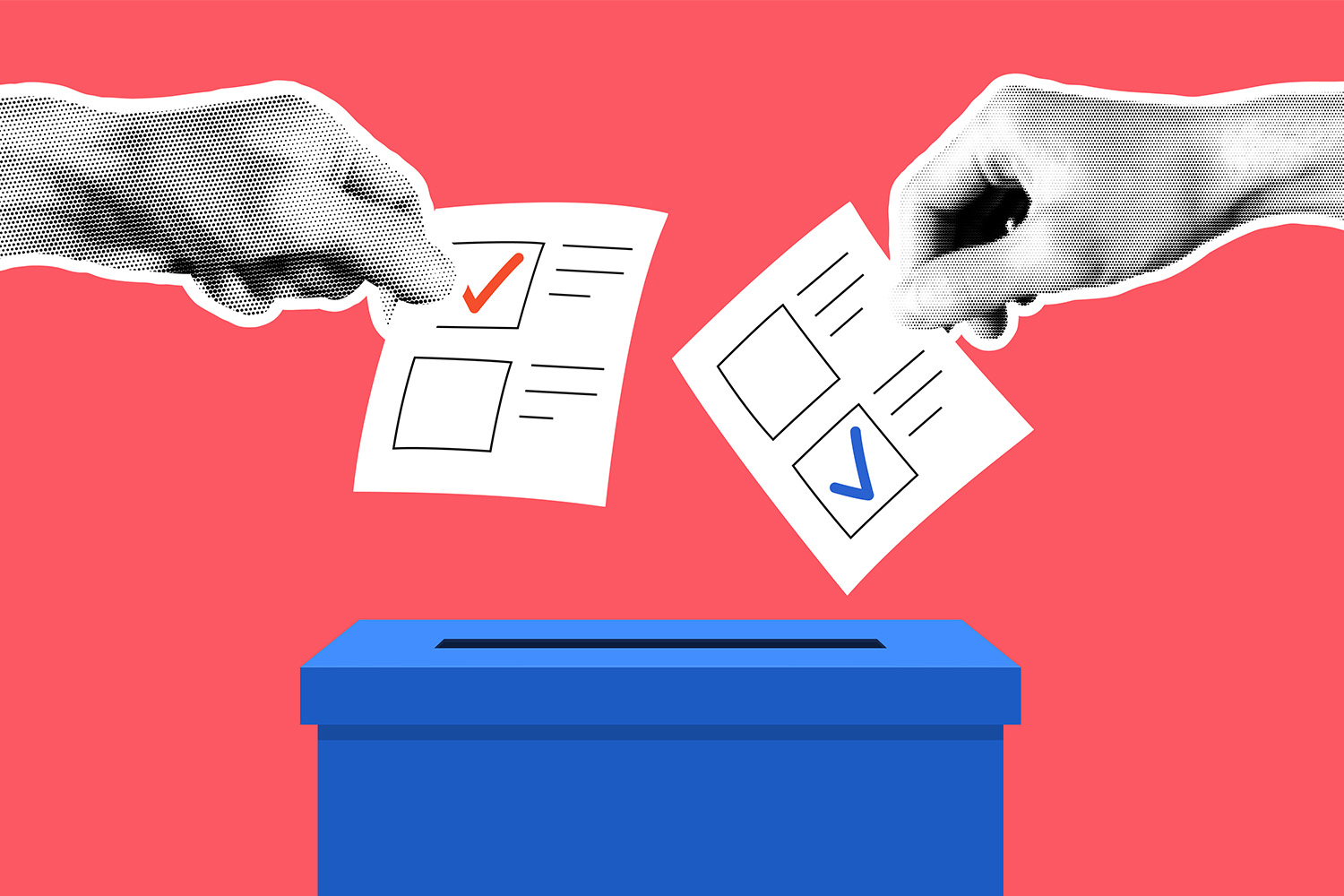3 min
New study shows alarming rate of potential species extinction due to climate change
A recent study authored by the University of Connecticut's Mark Urban found that close to one third of species across the globe would be at risk of extinction by the end of the century if greenhouse gases continue to increase at current levels. His study, published in the journal Science, looked at more than three decades of biodiversity and climate change research. The findings are alarming. The study found that if global temperatures rise to 2.7 degrees Fahrenheit (1.5 degrees Celsius) above the pre-industrial average temperature, exceeding the target of the Paris Agreement, extinctions would rapidly accelerate — especially for amphibians; species in mountain, island and freshwater ecosystems; and species in South America, Australia and New Zealand. Earth has already warmed about 1.8 F (1 C) since the Industrial Revolution. Climate change causes shifts in temperatures and precipitation patterns, altering habitats and species interactions. For instance, warmer temperatures have caused monarch butterfly migration to mismatch with the blooming of plants they pollinate. Many animal and plant species are shifting their ranges to higher latitudes or elevations to follow more favorable temperatures. While some species might adapt or migrate in response to changing environmental conditions, some can't survive the drastic environmental changes, resulting in population declines and sometimes extinction. Global assessments have predicted rising extinction risks for over a million species, but scientists have not clearly understood how exactly this growing risk is linked to climate change. The new study, published Thursday (Dec. 5) in the journal Science, analyzed over 30 years of biodiversity and climate change research, encompassing over 450 studies of most known species. If greenhouse gas emissions are managed in accordance with the Paris Agreement, nearly 1 in 50 species worldwide — an estimated 180,000 species — will be at risk of extinction by 2100. When the climate model's temperature is increased to a 4.9 F (2.7 C) rise, which is predicted under current international emissions commitments, 1 in 20 species around the world would be at risk of extinction. Hypothetical warming beyond this point makes the number of species at risk rise sharply: 14.9% of species were at risk of extinction under a 7.7 F (4.3 C) warming scenario, which assumes high greenhouse gas emissions. And 29.7% of all species would be at risk of extinction under a 9.7 F (5.4 C) warming scenario, a high estimate, but one that is possible given current emissions trends. The increase in the number of species at risk increases steeply beyond the 1.5 C warming target, study author Mark Urban, a biologist at the University of Connecticut told Live Science. "If we keep global warming to below 1.5 C, in accordance with the Paris Agreement, then the [extinction] risk from today to 1.5 C is not a large increase," Urban said. But at a 2.7 C rise, the trajectory accelerates. Species in South America, Australia and New Zealand face the greatest threats. Amphibians are the most threatened because amphibians' life cycles depend heavily on weather, and are highly sensitive to shifting rainfall patterns and drought, Urban said. Mountain, island and freshwater ecosystems have the most at-risk species, likely because these isolated environments are surrounded by inhospitable habitats for their species, making it difficult or impossible for them to migrate and seek more favorable climates, he added. Limiting greenhouse gas emissions can slow warming and halt these growing extinction risks, but understanding which species and ecosystems are most affected by climate change can also help target conservation efforts where they're needed most. Urban hopes the results have an impact on policymakers. "The main message for policymakers is that this relationship is much more certain," Urban said. "There's no longer the excuse to do nothing because these impacts are uncertain." December 5, 2024 - Live Science This is an important topic, and if you're a journalist looking to learn more, we can help. Mark Urban is an international award-winning scientist; a professor of ecology and evolutionary biology and the Arden Chair Ecology & Evolutionary Biology at UConn; and a global expert on climate change impacts on nature. He is available to speak with media - simply click on his icon now to arrange an interview today.





